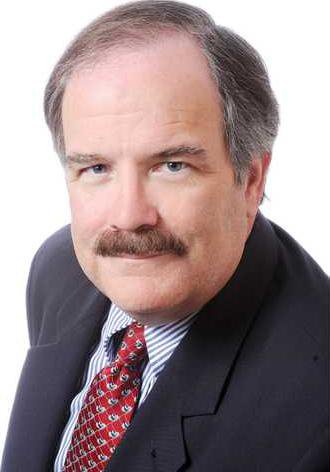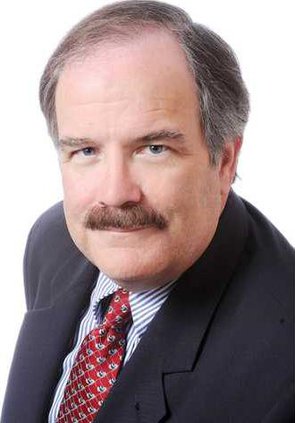July is a special time in Georgia because it’s the month when most of the laws passed during the previous legislative session go into effect.
This July was no exception with new laws that allow students to use tasers and stun guns (but not firearms) on college campuses and require state licenses for “lactation consultants,” those specialists who assist mothers with problems in breastfeeding.
The General Assembly has operated continuously since 1777, so you might think that in the course of 239 years we would have enacted enough laws to cover every conceivable aspect of daily life — there couldn’t possibly be any new laws to pass.
But you would be wrong. It turns out there is always some problem out there that requires urgent passage of a new law.
An Atlanta TV station sounded the alert recently on a public menace that is endangering the innocent citizens of our great state.
That would be the practice of surreptitiously positioning a camera in some public locale so that photos are taken up the skirt of an unsuspecting female.
The Georgia Court of Appeals has ruled that because of a glitch in the state’s privacy law, such photos are legal outside the confines of a dressing room or bathroom stall.
Naturally, legislators are already jumping in to declare that we must pass yet another new statute to take care of that particular flaw in the state code.
A new legislative session won’t start until January, however, which means that “we’re going to have six months or so where these creeps can run around doing this stuff,” said state Sen. Vincent Fort (D-Atlanta).
I don’t know if we need to pass a prohibition against upskirt photography, but there are some areas where there really ought to be a law.
Over the last four or five years, it seems that every time you turn around somebody is quitting their elected office to run for Congress or take a new job working for the state. An increasing number of legislators fail to finish the term to which they’ve been elected, which means that a special election must be called to replace them.
These special elections are expensive for the taxpayers — they can cost as much as $100,000 to hold. They also take so long to conduct that citizens can go for months without representation in state government.
There ought to be a law that any politician who resigns before their term has ended will be required to pay the entire costs of conducting the resulting special election. The law should also require them to pay for these special elections out of their own personal funds — they can’t use leftover campaign contributions.
Once people find out that they’re going to pay a hefty price for resigning early, I think you’ll see an amazingly large percentage of them decide to serve the entire term to which they’re elected. Which is sort of the idea behind running for office in the first place.
There ought to be a law that any expenditure of more than $1 million in public money on a project for a private business entity should first go before the voters in a referendum for approval.
This would have applied to those situations where Cobb County Commissioner Tim Lee and Atlanta Mayor Kasim Reed arranged to funnel hundreds of millions in tax funds to build stadiums for the Atlanta Braves and the Atlanta Falcons. In neither of those cases were the voters allowed to have a say on the proposed projects, which was grossly unfair.
There ought to be a law that lobbyists who appear before legislative committees to support or oppose a bill should be put under oath, just like witnesses in a court trial.
I can’t count the number of times I’ve heard some lobbyist tell lawmakers something that everyone in the committee room knows is not true. The lawmakers will then pass the bill out on the basis of this outrageous fib.
If you put lobbyists under oath, with the real possibility of being prosecuted for perjury if they are untruthful, you’ll have a much more honest legislative process. It may not be as titillating as an upskirt photo, but at least it will be honest.
Tom Crawford is editor of The Georgia Report, an Internet news service at gareport.com that reports on state government and politics. He can be reached at tcrawford@gareport.com.








